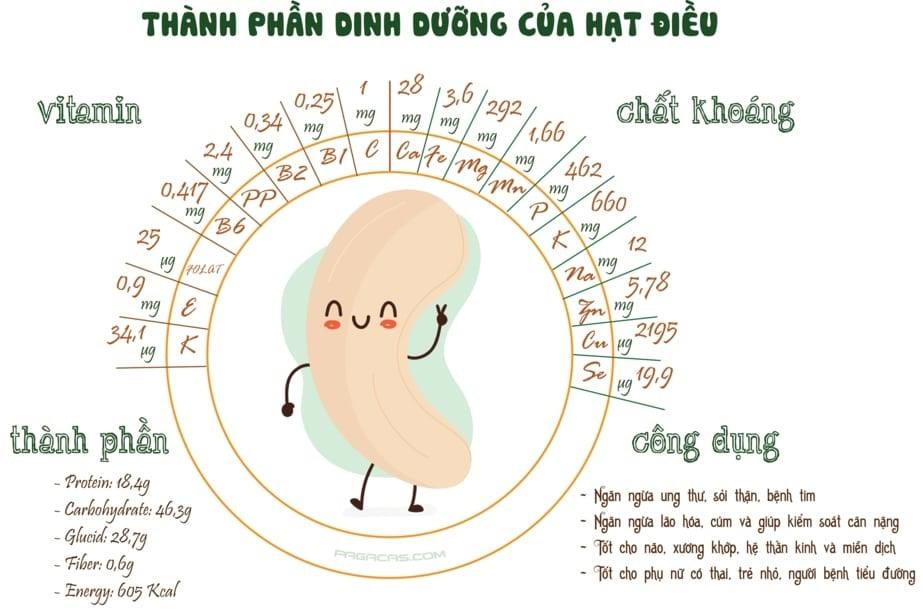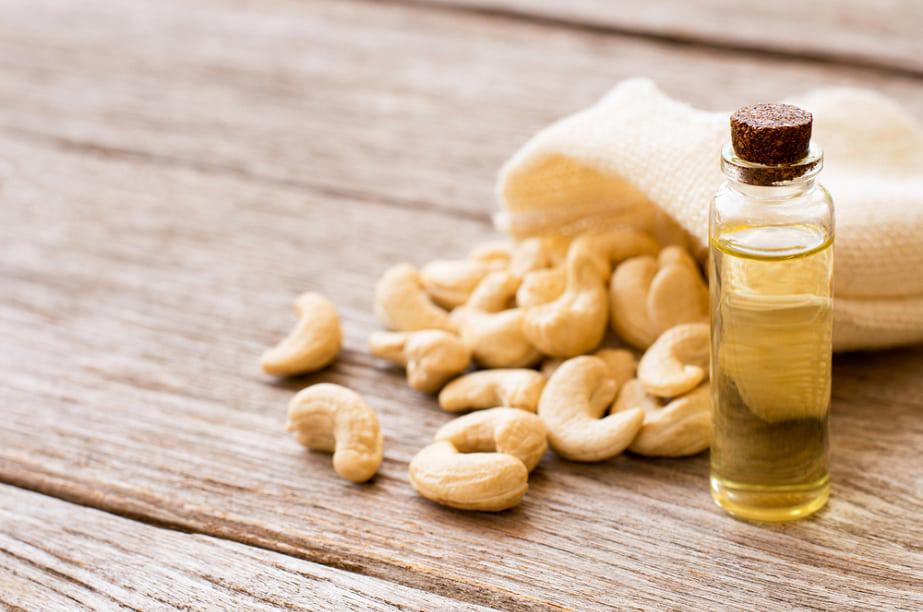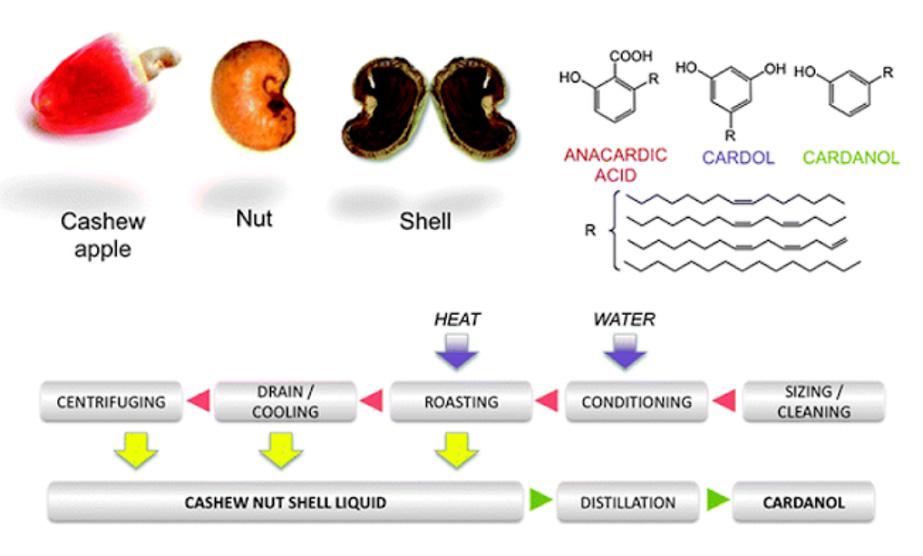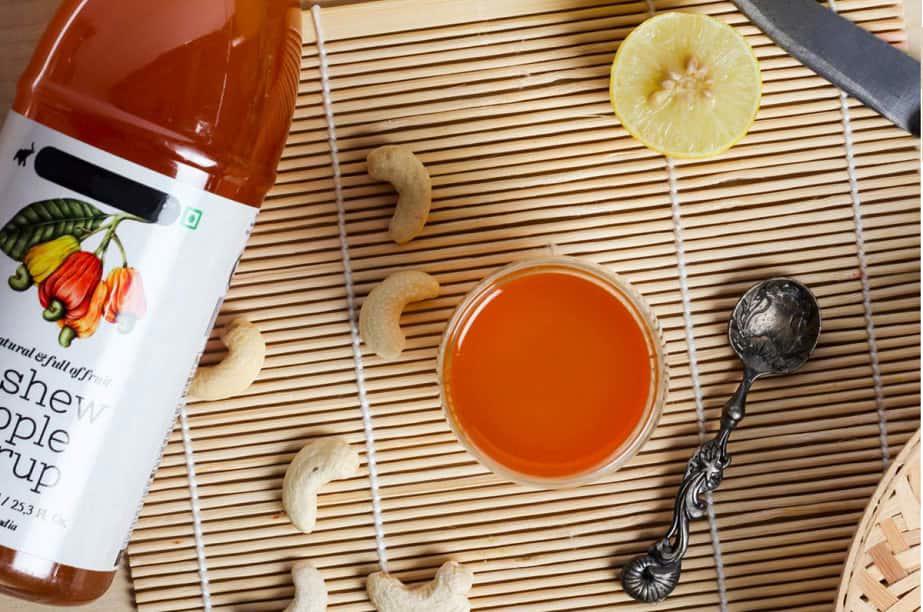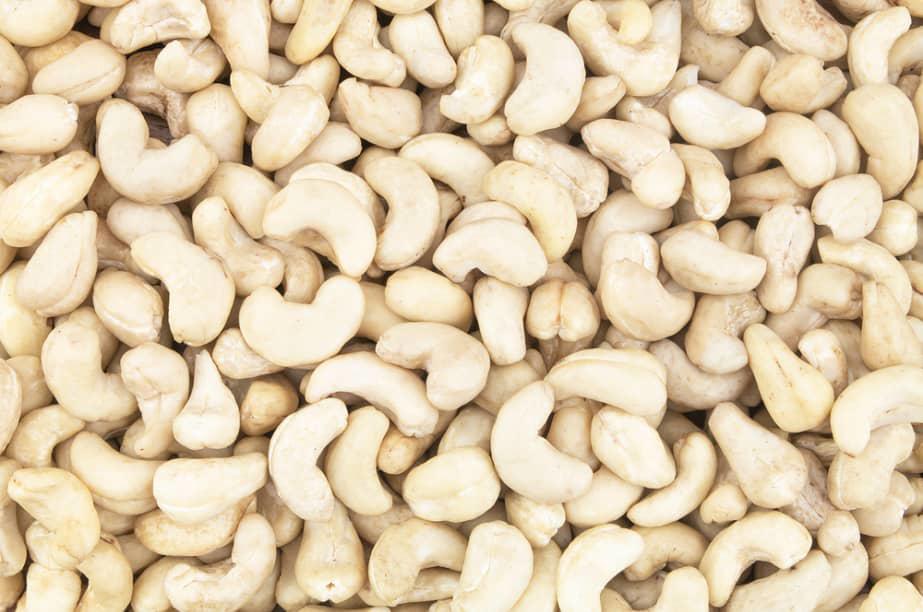Eating cashew nuts regularly is very beneficial for health. However, cashew nuts should not be eaten more than 200 g per day. Consumers should eat from 30 g to 45 g of cashew nuts per day to get the best benefits. Food and Drug Administration (FDA) recommends that "eating 1.5 oz (42.5 grams) per day of most nuts helps reduce saturated fat, cholesterol, and the risk of cardiovascular disease."
Objects who need to remember a few things when using cashew nuts:
- Children who do not have teeth yet (under 2 years old): cashew nuts are hard nuts that need to be chewed before swallowing, so children who do not have teeth yet should not eat cashew nuts. Children at this age group often have a habit of swallowing, which can easily lead to throat choking. Besides, the digestive system of young children is not fully developed, which leads to indigestion and affects the baby's stomach. However, cashew nuts are also very good for health, parents can refer to some ways to process nuts specifically for young children such as stewing, making cashew milk. These processing methods make it easier for children to swallow and digest.
- Pregnant women in the first stage: cashew nuts are very good for pregnant women. However, in the first 3 months of pregnancy, when body health is weak and the fetus has not developed stably, they should not eat cashews. Cashew nuts will make the body difficult to digest, difficult to absorb nutrients and cause nausea.
Things to do when eating cashew nuts:
- Choosing quality cashew nuts: Consumers should choose cashew nuts based on the reputation of the brand, the origin and the production technology. In addition, the product must ensure sanitation and food safety standards (checked the published number of the product/self-declared).
- Paying attention to the net weight: to not be mistakenly bought at the virtual price.
- For children, pregnant women and people with high blood pressure who must abstain from salt, they should use raw cashew nuts and milk from fresh cashew nuts.
- Combining cashew nuts with other dishes to avoid boredom and balance nutrition.
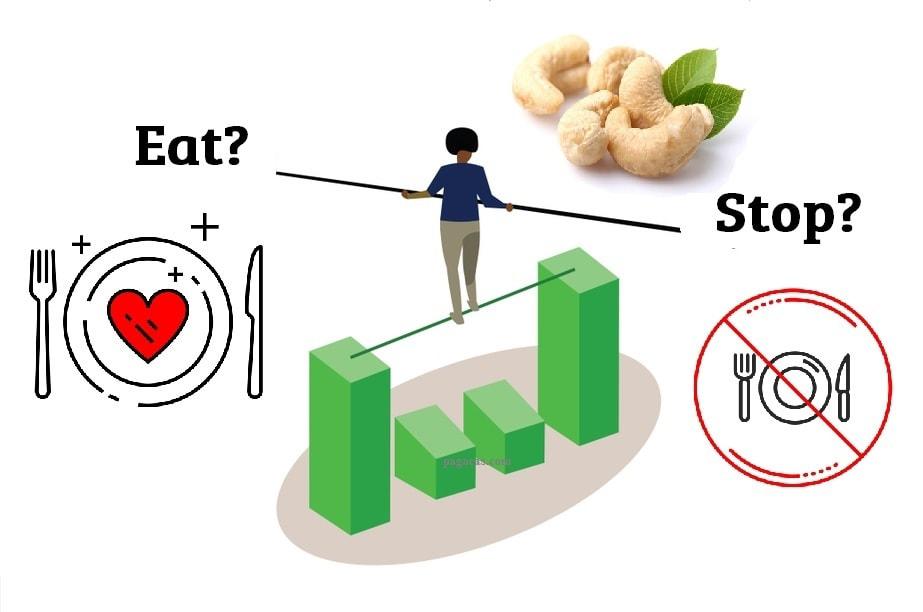
Things not to do when eating cashew nuts:
- Do not eat testa skin: Testa, a thin outer shell, has a bitter taste like tea. Testa skin is not toxic, does not affect health, but should not eat this shell because eating testa skin will cause throat irritation, indigestible.
- Absolutely do not eat unprocessed young cashew nuts (raw nuts): Cashew nuts are covered by a hard shell of 2 layers that contain phenolic urushiol resin. This substance will lead to poisoning, diarrhea when ingested). Also, this substance can cause skin irritation, itching after skin contact. Use only processed cashew nuts.
- Should not eat cashew nuts before the main meal: Eating cashew nuts creates a feeling of fullness because they contain a lot of energy. (If you are on a diet, you can use cashew nuts before meals to reduce food consumption.)
- Do not eat cashews before going to bed because the feeling of fullness makes it difficult for the body to fall asleep.
- Do not eat too many cashews at once: Cashews contain a lot of energy and nutrients. Eating a lot of cashew nuts makes the body absorb too much energy and nutrients at the same time, which is not good for health. Use only cashew nuts in moderation and at regular intervals.
- Should not eat cashew nuts moldy or expired: Cashew nuts can produce toxins aflatoxin. Also, it is not advisable to eat cashew nuts that are stored for a long time because cashews exposed to the air for a long time will be oxidized, leading to reduced quality and reduced delicious taste.
Impacts of cashew nuts on people who are having diseases and are using therapeutic drugs:
- People with headaches, migraines are not suitable to use cashew nuts. Cashew nuts contain many amino acids such as tyramine and phenylethylamine. These amino acids can help maintain normal blood pressure levels and provide a feeling of well-being. However, these amino acids can cause migraines and headaches in people who are sensitive to them.
- Do not eat cashew nuts if the body has a history of allergies or anaphylaxis.
- Interaction with drugs due to magnesium in cashew nuts: Because cashews are rich in magnesium (82.5 mg in 28 g of nuts), it will lead to interactions with some types of magnesium sensitive.
+ Quinolone antibiotics such as ciprofloxacin: preventing the body from absorbing antibiotics.
+ Blood pressure drugs and calcium channel blockers: causing side effects such as nausea and water retention.
+ Other groups of drugs: diuretics, diabetes drugs, thyroid drugs, and penicillamine.
Reference based on University of Maryland Medical Center.





